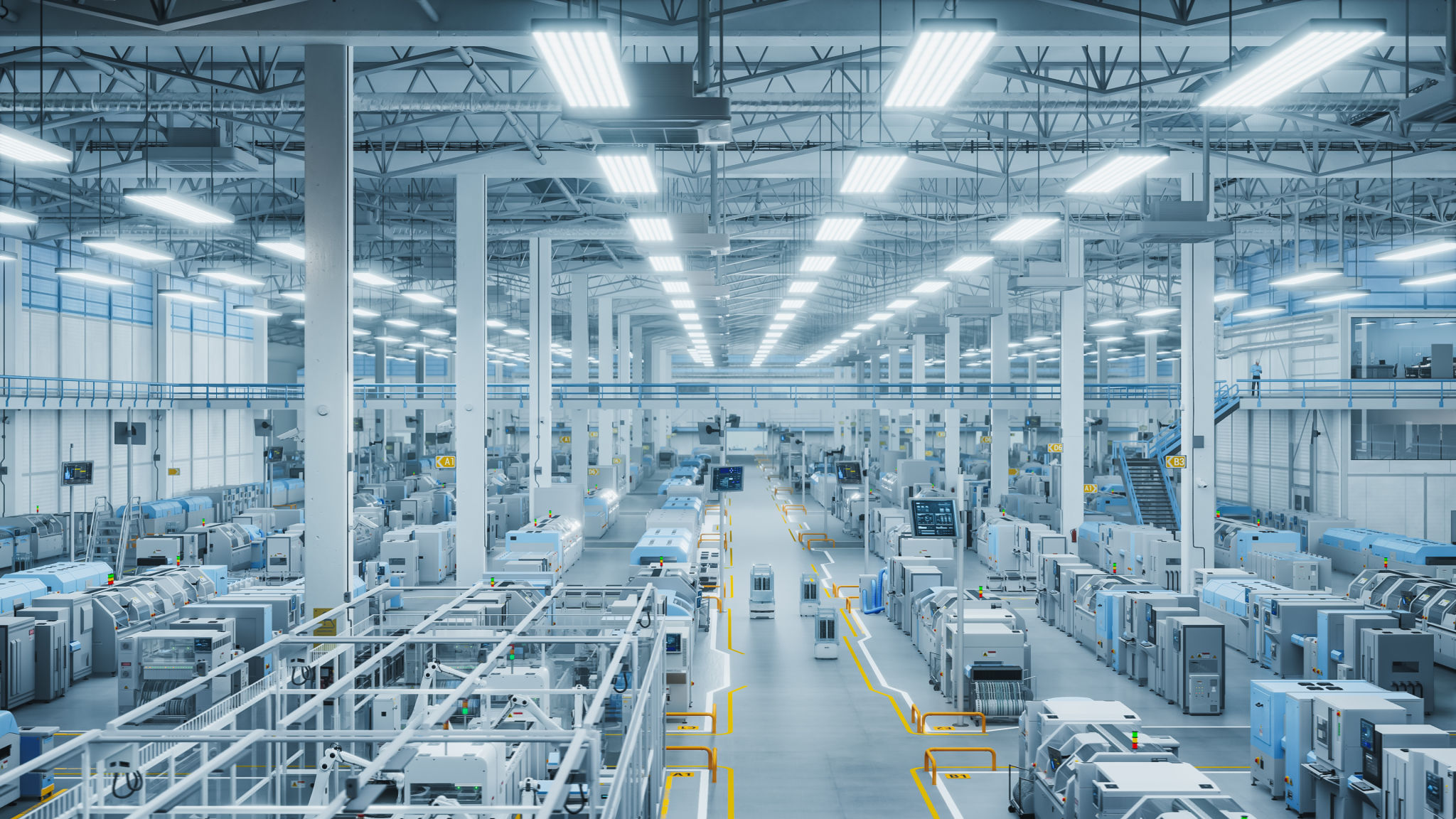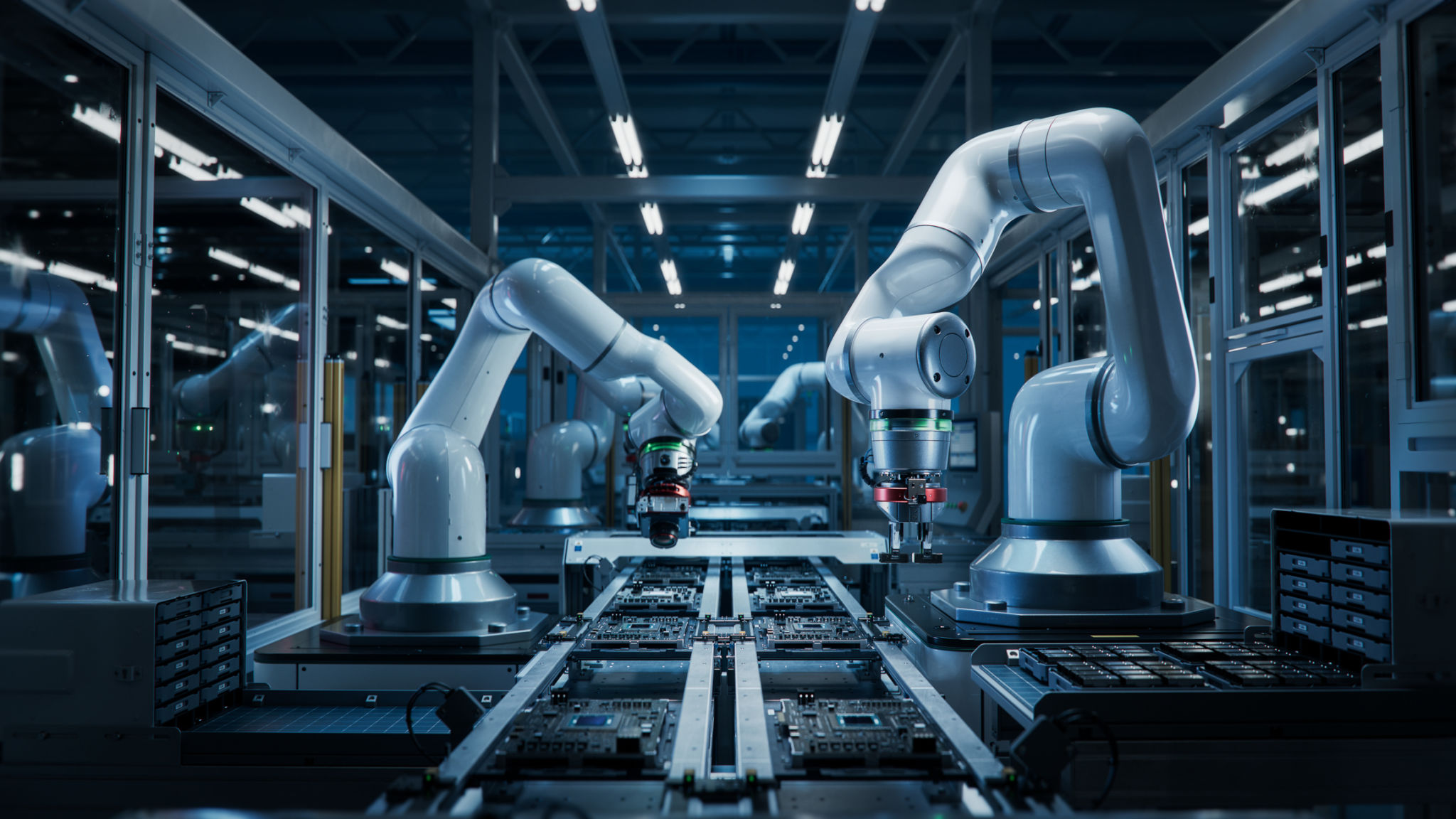Case Study: Successful Implementation of Industrial Robots in Melbourne
Introduction to Industrial Robotics in Melbourne
The industrial landscape in Melbourne has undergone a significant transformation with the successful implementation of industrial robots. These advancements have not only enhanced productivity but also paved the way for a more sustainable and efficient manufacturing environment. This case study explores how Melbourne-based industries have integrated robotics technology, resulting in remarkable outcomes.

Challenges Faced Before Implementation
Before the introduction of industrial robots, many manufacturing units in Melbourne faced several challenges. Labor shortages, escalating production costs, and the need for higher precision were persistent issues. Companies struggled to maintain competitive edges in global markets due to these limitations.
The traditional manufacturing processes were labor-intensive and prone to human errors, further exacerbating productivity issues. These challenges necessitated a shift towards automation and innovation, setting the stage for the adoption of industrial robots.
Strategic Planning and Deployment
The journey towards successful implementation began with strategic planning. Manufacturers conducted thorough assessments to identify areas where robotics could add the most value. Key focus areas included:
- Precision and accuracy in repetitive tasks
- Reduction of workplace accidents
- Enhancement of production speed and efficiency

Implementation Process
The implementation process involved collaboration with robotics experts and vendors to customize solutions tailored to specific industrial needs. Training programs were established to ensure that employees could work alongside robots effectively, fostering a culture of innovation and adaptability.
Robots were integrated into various segments of the production line, handling tasks such as assembly, welding, and packaging. This integration allowed human workers to focus on more complex tasks that require critical thinking and problem-solving skills.
Measured Outcomes and Benefits
The impact of implementing industrial robots in Melbourne has been profound. Companies reported a significant increase in production output, with some witnessing up to a 30% rise in efficiency. The precision offered by robots has minimized defects and waste, contributing to more sustainable operations.

Moreover, the reduction in workplace accidents has improved overall employee morale and job satisfaction. By alleviating workers from monotonous tasks, companies have seen a boost in creativity and innovation within their teams.
Future Prospects
The success witnessed in Melbourne serves as a blueprint for other regions aiming to embrace industrial robotics. As technology continues to evolve, the potential for further advancements in automation is immense. Companies are now exploring AI-driven robots and machine learning technologies to push boundaries even further.
With ongoing investments in research and development, Melbourne is poised to remain at the forefront of industrial innovation, inspiring global industries to follow suit.
Conclusion
The successful implementation of industrial robots in Melbourne highlights the transformative power of technology in modern manufacturing. By overcoming initial challenges and strategically integrating robotics, industries have achieved unprecedented levels of efficiency and sustainability. As these technologies continue to advance, the future holds promising prospects for further growth and innovation.